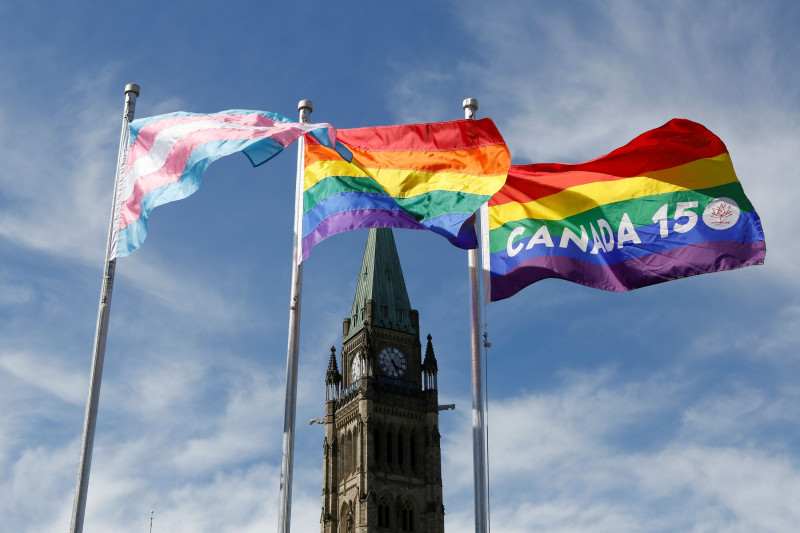In a move that underscores growing tensions across the border, the Canadian government has quietly updated its travel advisory for the United States, adding pointed warnings for 2SLGBTQI+ individuals planning a trip south. The revision, effective late last week, highlights potential snags at entry points, particularly for those with gender-neutral "X" markers on their passports. Officials in Ottawa are urging caution, noting that U.S. federal policies now recognize only male or female sexes, a shift that could complicate crossings for many.
However, the advisory goes beyond passports. It details how recent changes in American immigration processes might lead to visa cancellations or heightened scrutiny, especially amid varying state laws on gender identity. For instance, travelers could face questions about their documentation or even denial of entry if discrepancies arise. Indeed, Canadian authorities emphasize that once at the border, there's little they can do to intervene—denials often result in immediate detention while awaiting deportation. This isn't the first such update; earlier this year, advisories touched on fingerprinting requirements and general border delays, but this one feels more pointed, almost a quiet rebuke to Washington's evolving stance.
The core concern revolves around the "X" gender identifier, which Canada introduced years ago to accommodate non-binary folks, but which U.S. Customs and Border Protection may now view skeptically under the Trump administration's directives. Reports suggest some travelers have already encountered probing interviews or outright turnbacks, though exact numbers remain murky. Moreover, the advisory reminds Canadians that stays without a visa are capped at six months, but violations—intentional or not—carry steep penalties like fines or misdemeanor charges. It's a stark reminder of how personal identities can intersect with international policy in unpredictable ways.
Yet, for the vast majority of visitors, routine trips should proceed smoothly, provided passports are valid and intentions clear. Still, this update prompts a broader question: as bilateral relations strain under policy divergences, how might everyday travel reflect deeper divides?

